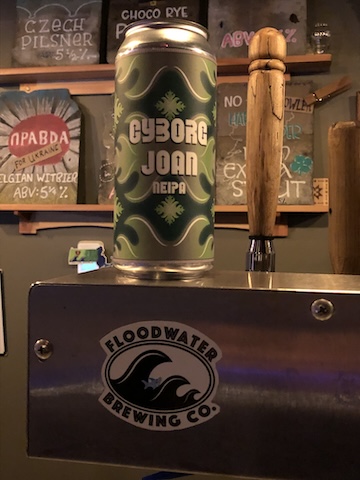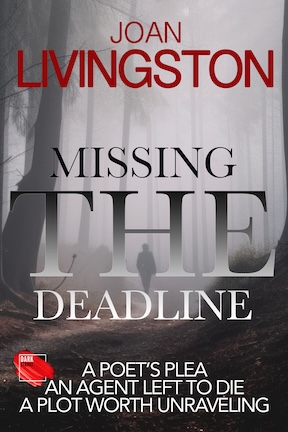Here’s another Hilltown Postcard I found in my computer’s files. This one was written a while back in recognition of the men, yes, they were all men, in charge of their town’s roads. It is fitting I publish this after two back-to-back winter storms.
Whenever I see a plow truck, no matter the town, I give my car’s horn a friendly toot, grateful to have passed over that town’s line to find the road cleared or sanded. If I can remember, I send a card at the end of winter thanking them.
But not everyone in the hilltowns of Western Massachusetts appreciates the work of the highway crews. Years ago, Worthington’s road boss and a man went at it, exchanging blows, although the courts later cleared both. The man, new to town kept parking his truck on the road where he lived so the snowplow would have to back up 900 feet during a storm. The other highway workers complained they were getting hassled so the Selectboard — that’s the name of the top board in a Massachusetts town — cut service to that section of the road until it stopped.
The town of Goshen got a worker with a solid reputation when it hired a road boss in 1999. A few years before, he had a fine write-up in Yankee Magazine, which dubbed him the Peerless Ploughman, because when he was another town’s highway chief, he slept on a cot in the DPW garage whenever a winter storm was forecast.
But the man encountered a tougher storm in Goshen when he came against its good-old-boy network. He got a glimpse when a private plowing contractor drove into the highway yard, then used a piece of town equipment to load sand and salt into his dump truck so he could spread them on residents’ driveways. For pay. That’s the way it was always done.
The Goshen Selectmen fired the Peerless Ploughman because they said he was insubordinate at a meeting, but everyone knew it was more than that and some town officials quit in protest. It stirred things up for a while. Someone else is in charge of the roads now.
When I was a reporter for the Daily Hampshire Gazette, the road bosses, if they were around, were willing to take my questions about their work.
One road boss in Cummington drove me around to give me a lesson on what makes a good gravel road. By his assessment they didn’t exist in his town. There were times in spring, during the thaw, when people could only drive on their roads when the mud was frozen early in the morning or late at night. Even so, the mud could get so tire-sucking, axle-breaking bad they had to park at the end of the road, then hike in with bags of groceries and kids.
I liked the way these men talk. They get right to the end of an answer fast. I once asked a road boss which roads were bad during mud season. He answered, “Pick one.”
At one Worthington Town Meeting, we were supposed to decide whether to buy a dump truck for the Highway Department. There was no discussion on the floor, and that got to one man, a smart-aleck newcomer I recall, who rose to ask, “$110,000 for a truck?”
Ernie Nugent, the road boss then, was handed the microphone. He said, “Yup,” then sat down.
That was enough for everyone. They voted to give him the truck.
The hilltowns of Western Massachusetts is the inspired setting for much of my fiction, including Missing the Deadline, the latest in my Isabel Long Mystery Series. Interestingly, a highway worker’s poetry is part of this story.





